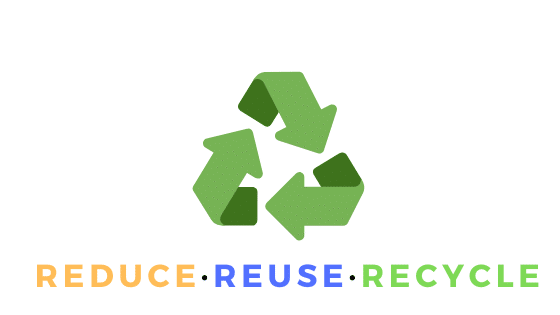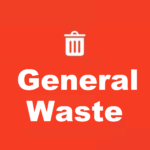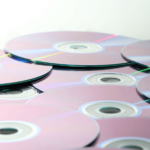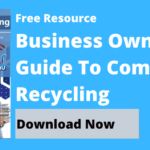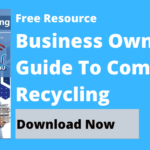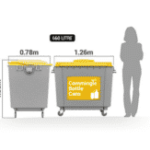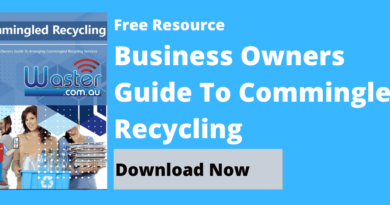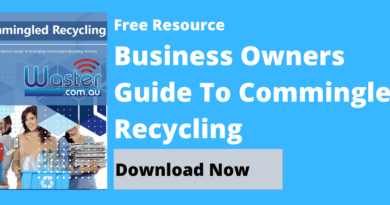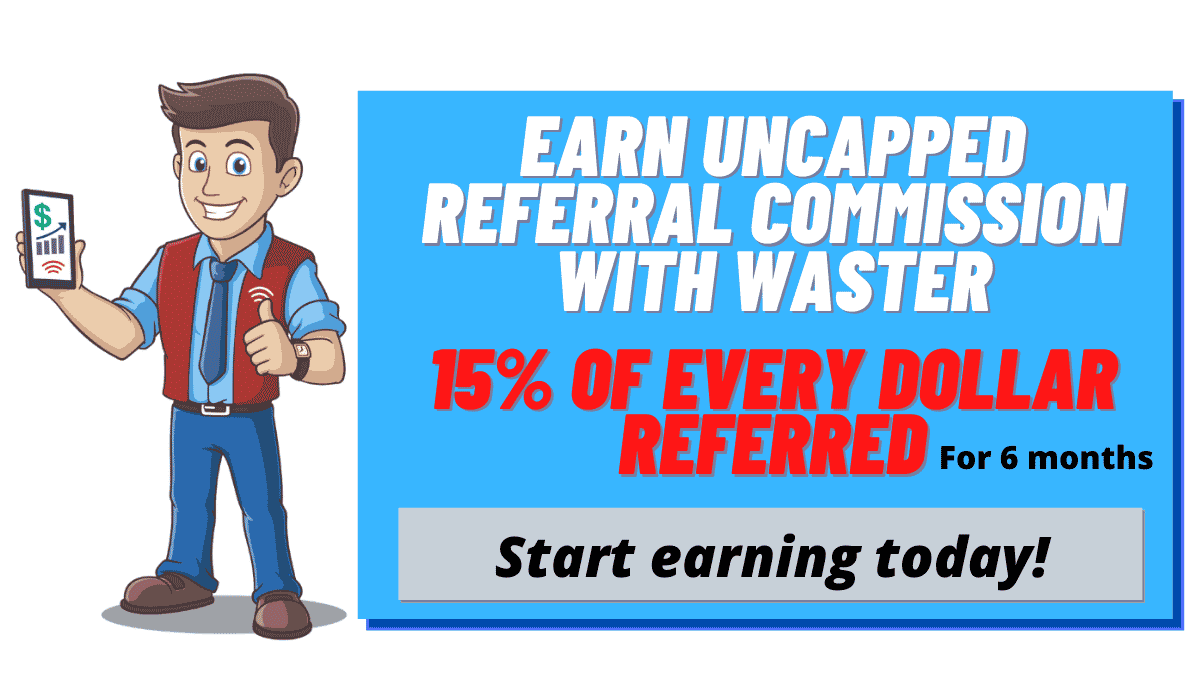How Does Recycling Incentives Help Boost Recycling? ♻️
Energy Disrupter
Recycling Incentives ♻️: “One man’s trash is another one’s treasure,” a quote I recently stumbled upon and most already know. It gave me inspiration on what to write on for today’s blog. But what if I tell you that you can turn your OWN trash into treasure?
That is right! You read that correctly. By practising recycling, you basically save the environment while getting incentivised! But is it really viable in today’s world? Let me discuss it with you.
>Download Now: Free PDF Business Owners Guide To Commingled Recycling Bin Services
A bit about Waster
Before we continue our topic on recycling incentives, let me share with you more information about Waster.
We here at Waster provide you with innovative solutions for you and your business’s waste management and recycling needs. Furthermore, we provide flexible, 30-day contracts instead of the typical lock-in contracts, which proves to be better.
[embedded content]
Click on the blue button to learn more.
Does giving incentives in recycling really work?
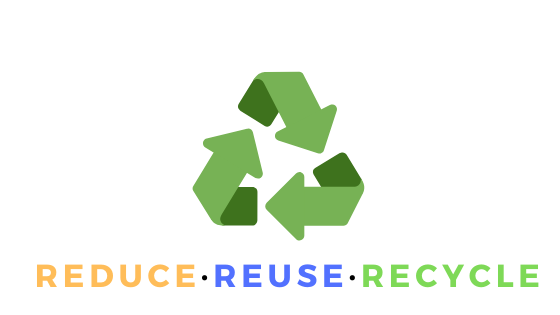

Naturally, you can train anyone to do something in a near-perfect degree. As a kid, my mom always used to give me gifts when I get good grades at school. For me, it became a motivation to study harder and get better grades each time. It is a win-win situation if you ask me. I get rewarded; my mom gets happy with my grades.
We can also apply this to recycling. Giving incentives in recycling motivates people to turn in their waste and give it a new purpose. Furthermore, money (such as returning glass bottles and aluminium cans) is not the only thing people can receive in recycling schemes. For example, by recycling, you can receive items like minor league baseball tickets for your efforts. Let me discuss all of it with you further.
Rewarding efforts
One of the most famous agents of recycling incentive schemes is the American firm RecycleBank. They partner up with other businesses or cities and compensate people depending on the amount they recycle, called the Incentive Based Recycling. Participating customers – or residents – receive a 35, 64, or 96-gallon container which contains a barcode that provides your household details. When residents give their collected recyclable items to the trucks, it scans the barcode on the container to acquire details and converts it into a monetary amount – up to 35 RecycleBank Dollars a month – which customers can then redeem through coupons at participating businesses.
Another example is Terracycle. It has set up a team all across the US that allows organisations to collect all kinds of recyclables and submit them for money. In turn, Terracycle collects this rubbish and utilises it to create all kinds of new products.
Do recycling incentive schemes have negative effects?
Along with positive, there may also come the negative. Although it is good, it is also very important to mention some issues it can bring to the table. First of all, would people still recycle if no incentives are available? Let’s face it, some people only recycle because of the incentives. Remove the recycling incentive scheme and lo and behold recycling rates will go down. This will instil in people’s heads that recycling must always come with a reward of some sorts. No reward for them means no recycling. See our infographic on recycling facts in Australia.
Additionally, another thing we can look at is its sustainability. Looking at it from a different angle, one might argue this is not a sustainable practice. What makes me say that? In people’s heads, buying more products becomes acceptable because they think they can just recycle them and earn incentives, instead. But what about the energy consumed in the production of those items bought? Although the idea is good on the surface, there are still some flaws that go with it.
Nonetheless, it is still a good way to encourage recycling more if the recycling incentive scheme is executed properly through proper planning.
Other ways to boost recycling
Before continuing with the topic, have you heard of Waster’s partnership with Greenfleet? We decided to help in reducing carbon emissions by teaming up with them! Read all about it here and calculate how much it would cost to offset your emissions from landfill.
To be frank, although providing incentives for recycling is a good way to eliminate waste, I do not think it is enough to help fight off the huge amount of waste. As a result, I also came up with ways on how to boost recycling. Here they are:
- Place recycling bins on public spaces – we all know that we can find many people in public spaces such as parks, malls, bus stops, etc. More people means more waste produced. As such, these spots are a good location to have recycling bins.
- Educate people – whether it be young children or adults, educating them is important. Start educating the young by teaching them in school. Chances are that if they take recycling to heart while young, they will carry it with them when they get old. As such, it is also a good thing to teach adults. They may not have learned this in school, but if willing, they can still learn it even at a ripe age.
- Utilise the Web – nowadays, both young and old people love to browse the internet either with their computers or their phones – and laptops, too! Take this into account and create a website dedicated to informing people about recycling and the like (such as Waster!). Furthermore, make sure people will understand the content. Deliver information in layman’s terms. Do not use words that are hard to understand. Or jargons, too. That will only confuse the readers and prompt them to not read the content on the website.
Recycling incentives: conclusion
The lesson we can learn from here is that recycling incentive schemes can be beneficial to the environment. But it can also have some drawbacks, depending on the execution. The scheme must be assessed thoroughly first before the implementation. Additionally, we can do our part and use other ways to boost recycling.
Waster: things you need to know
If you’re looking for recycling bins, check our waste recycling shop and find the best deals in terms of pricing and services.
Also, please call 1300 WASTER (1300 927 837), or email us at [email protected] if you have any further questions.


